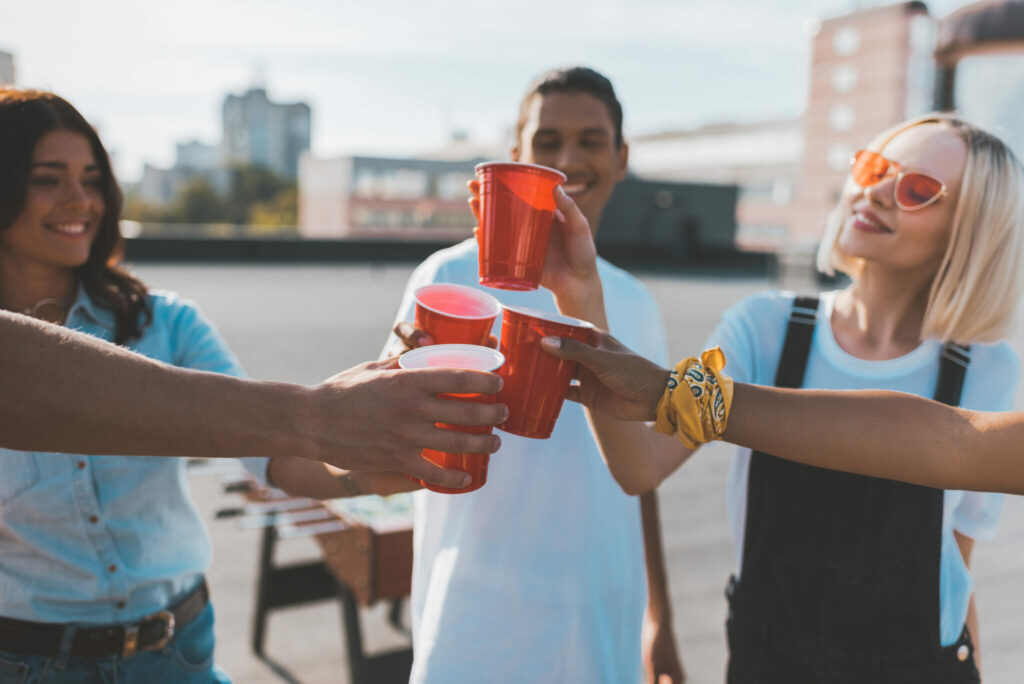
Does Alcohol in Food Jeopardize Sobriety?
Achieving sobriety from any form of alcoholism is no easy task. It takes a considerable amount of drive, dedication, and patience. It is also a well-known fact that recovery is a lifelong process, and requires daily consideration to avoid relapse and other damaging behavior. With this in mind, it can leave some confused about the technicalities of sobriety, such as using alcohol in food. Legacy Healing Center is analyzing if this causes harm to those in recovery.
Does Alcohol Burn Off When Cooking?
In a way, yes and no. It is technically possible for alcohol to evaporate as it is cooked with heat. The issue is that this typically doesn’t happen nearly as fast as many would assume. Cooking with alcohol does not necessarily mean it is no longer alcoholic, as seen in heated-up drinks like mulled wine, a beverage of red wine warmed with spices and other ingredients.
According to the US Department of Agriculture, alcohol retention will rely on factors like long a dish is being cooked, how high the heat is, and even the altitude of the location it is being cooked in. They also explain how the time frame directly correlates with the decrease of alcohol in a dish. For instance, a dish being cooked over a rolling boil may still contain up to 40% of it’s original alcohol content after 15 minutes. That percentage reduces to 5% after two and a half hours.1
Can Alcohol in Food Trigger a Relapse?
It is absolutely possible for food cooked with alcohol to trigger a realpse, although the answer to this question will ultimately depend on the unique triggers and vulnerabilities of the sober individual. If someone they know uses alcohol in cooking, and it brings about feelings of uncertainty or fear, it could be worth bringing up. This is especially true for people who are newly sober. Even just awareness of alcohol can be triggering, let alone consuming something that knowingly includes it. This is especially possible if the individual can taste the alcohol.
If possible, it could be worth discussing these apprehensions with the person in charge of cooking beforehand. It makes sense that alcohol and food often go together, and alcoholics in recovery have to learn to accept that drinks will be present in the world, and cannot always be avoided. But if the people that someone socializes with do not respect their friend’s boundaries, it could be a sign that the space is not suitable for a person in recovery.
Recover from Alcohol with Legacy Healing
If you find yourself motivated to break away from an alcoholism, Legacy offers excellent alcohol treatment programs designed to do just that. Upon arriving at one of our facilities, patients are placed into the level of care that is best suited to their needs. From here, they can access a variety of effective therapy programs that promote healing from the past and the development of coping mechanisms for the future.
To learn more information about the avenues available for recovery from alcohol, call one of our Legacy Healing Center locations today at 888-534-2295.






 Verify Insurance
Verify Insurance